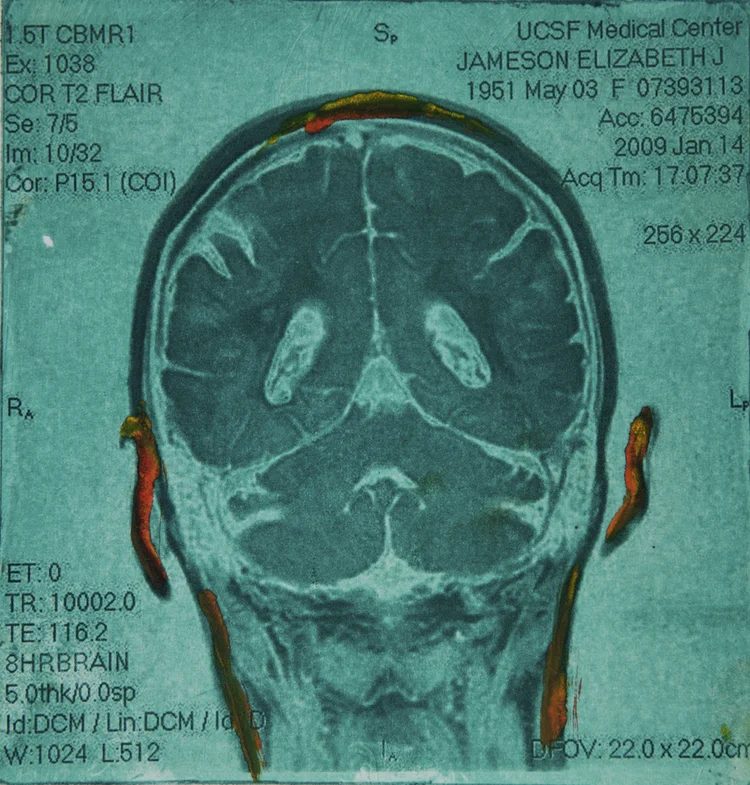Yoel and Mickey ask how to know when the political Left has gone too far. Assuming the Left can indeed go too far--turning off even other progressives who feel abandoned by their natural political home--Yoel and Mickey riff on ways this might manifest. The conversation includes a discussion of identity politics, the problems with subjectivity, the challenge of balancing the desire for justice with the desire for truth, and the inherent problem of being both a scientist and activist. Before debating the supposed sins of the Left, Yoel and Mickey discuss a new paper overturning the cause of the so-called negativity bias (i.e., the notion that bad is stronger than good). Bonus: Mickey makes a risky hypothesis about German beers. Can any listeners provide evidence that disconfirms Mickey’s bold claim?
Viewing entries tagged
meta science
Filter By Keyword
- neuroscience
- self-control
- emotion
- motivation
- ego depletion
- cognitive control
- ERN
- anterior cingulate cortex
- effort
- prejudice
- stigma
- empathy
- stereotype threat
- meaning
- replication
- self-regulation
- uncertainty
- decision making
- meta science
- religion
- cognitive dissonance
- education
- experience sampling
- morality
- acceptance
- fatigue
- mindfulness
- political psychology
- emotion regulation
- prosociality
Latest Tweets
News
Why do people enjoy doing difficult things?
“You can imagine that some people are willing to work hard, but go about it from a sense of duty and responsibility,” Inzlicht told me for my New York Times story. “But other people—call them ‘joyful workers’—this is what they live for. This is what gives them purpose. This is what makes them feel important. This is what helps them make the world make sense.” The existence of “joyful workers” suggests that, even if the Effort Paradox applies to everyone, it doesn’t apply equally. Where you sit on the Meaningfulness-of-Effort scale probably reflects a changeable mix of nature and nurture.
University of Toronto professor Michael Inzlicht wanted to find out who's better at empathic responses: people, or ChatGPT. He explains to CBC Metro Morning how AI won the empathy contest.
A 28-year-old woman with a busy social life spends hours on end talking to her A.I. boyfriend for advice and consolation. And yes, they do have sex.
Michael Inzlicht, a professor of psychology at the University of Toronto, said people were more willing to share private information with a bot than with a human being. Generative A.I. chatbots, in turn, respond more empathetically than humans do. In a recent study, he found that ChatGPT’s responses were more compassionate than those from crisis line responders, who are experts in empathy. He said that a relationship with an A.I. companion could be beneficial, but that the long-term effects needed to be studied.
“If we become habituated to endless empathy and we downgrade our real friendships, and that’s contributing to loneliness — the very thing we’re trying to solve — that’s a real potential problem,” he said.
Read More
Collaborators
- Joshua Aronson, New York University
- Avi Ben-Zeev, San Francisco State University
- Elliot Berkman, University of Oregon
- Kirk Brown, Virginia Commonwealth University
- Daryl Cameron, Penn State University
- Belle Derks, Utrecht University
- Jennifer Gutsell, Brandeis University
- Greg Hajcak, Florida State University
- Eddie Harmon-Jones, University of New South Wales
- Jacob Hirsh, University of Toronto
- Cendri Hutcherson, University of Toronto
- Sonia Kang, University of Toronto
- Michael Larson, Brigham Young University
- Lisa Legault, Clarkson University
- Ian McGregor, University of Waterloo
- Marina Milyavskaya, Carleton University
- Sukhvinder Obhi, McMaster University
- Liz Page-Gould, University of Toronto
- Travis Proulx, Cardiff University
- Blair Saunders, University of Dundee
- Brandon Schmeichel, Texas A&M University
- Zindel Segal, University of Toronto
- Alexa Tullett, University of Alabama
University of Toronto
Organizations
- Association for Psychological Science
- Canadian Psychological Association
- Canada Foundation for Innovation
- International Social Cognition Network
- International Society for Research on Emotion
- National Academy of Education
- Natural Sciences and Engineering Research Council of Canada
- Social and Affective Neuroscience Society
- Social Psychology Network
- Social Sciences and Humanities Research Council
- Society for Personality and Social Psychology
- Society for Psychophysiological Research
- Spencer Foundation

